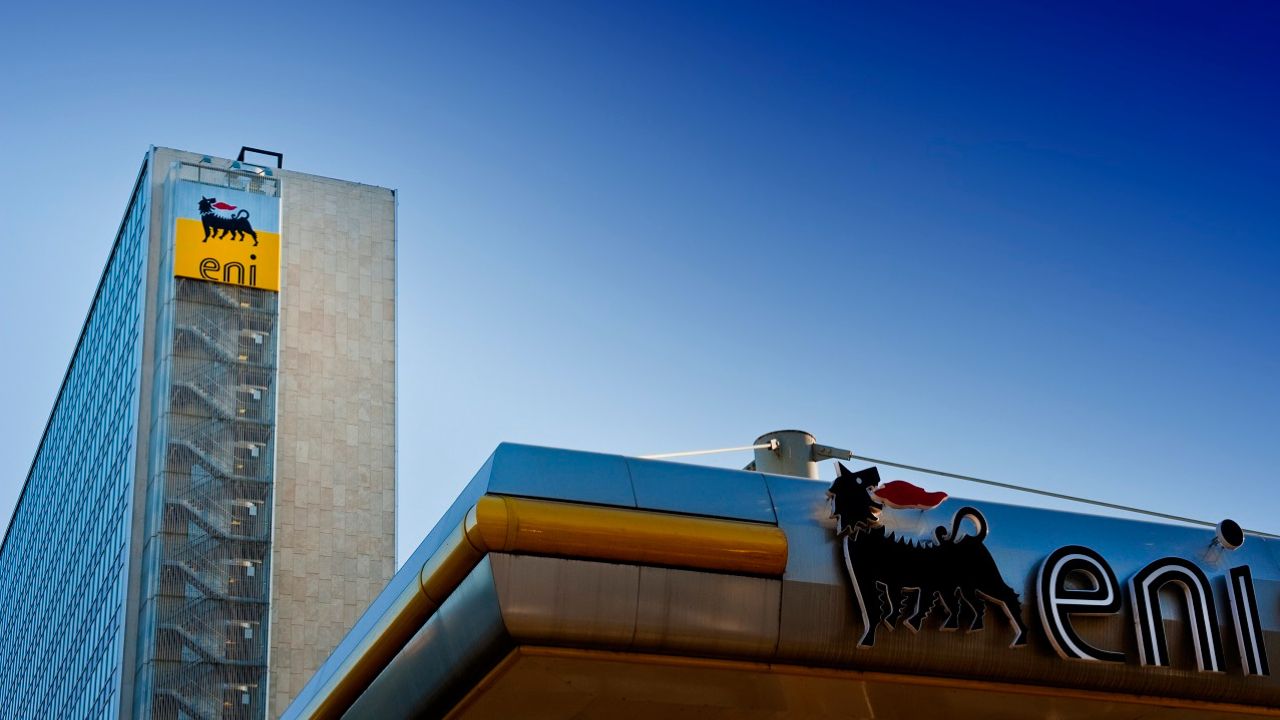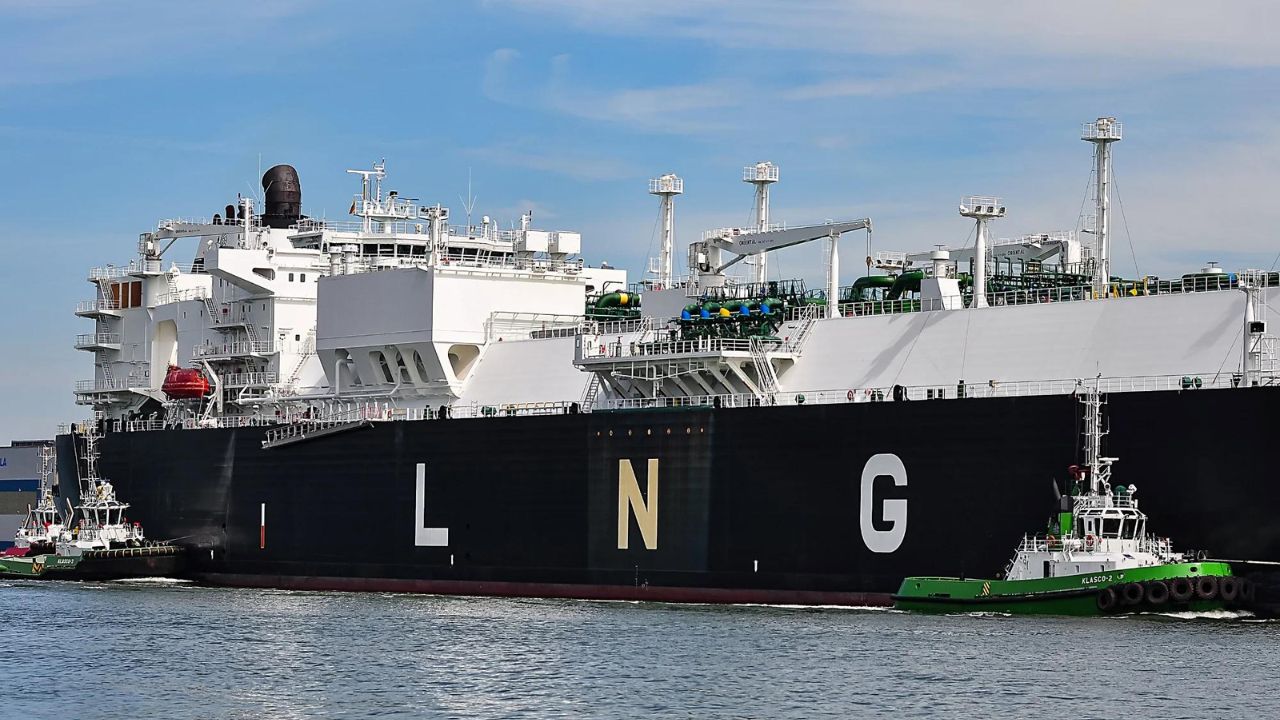Credit Agricole discontinues financing for Rovuma LNG in Mozambique and Papua LNG in Papua New Guinea, aligning with its reduced exposure to the oil and gas sector.
The decision impacts major players like Exxon, TotalEnergies, Eni, and Santos involved in these significant liquefied natural gas ventures.
The move reflects the bank’s commitment to transition away from traditional fossil fuel investments, emphasizing environmental responsibility over short-term gains.
Environmentalist Response and Potential Impact
Environmental groups applaud Credit Agricole’s decision, noting the challenge for energy companies to secure alternative financing. This stance highlights growing pressure on financial institutions to prioritize sustainability and climate-conscious investments.

The withdrawal of Credit Agricole’s support may delay or alter the final investment decisions for both the Rovuma and Papua LNG projects, impacting their timelines and viability.
Shift Towards Renewable Energy
Credit Agricole’s divestment coincides with a forecasted surge in LNG demand, particularly in Africa, where abundant gas resources remain underutilized.
However, the bank remains committed to its net-zero goals, redirecting investments towards renewable energy and transition-related technologies.

The bank’s CEO, Philippe Brassac, emphasizes the necessity of renewable energy investment and energy efficiency measures to achieve decarbonization objectives and address climate change.
